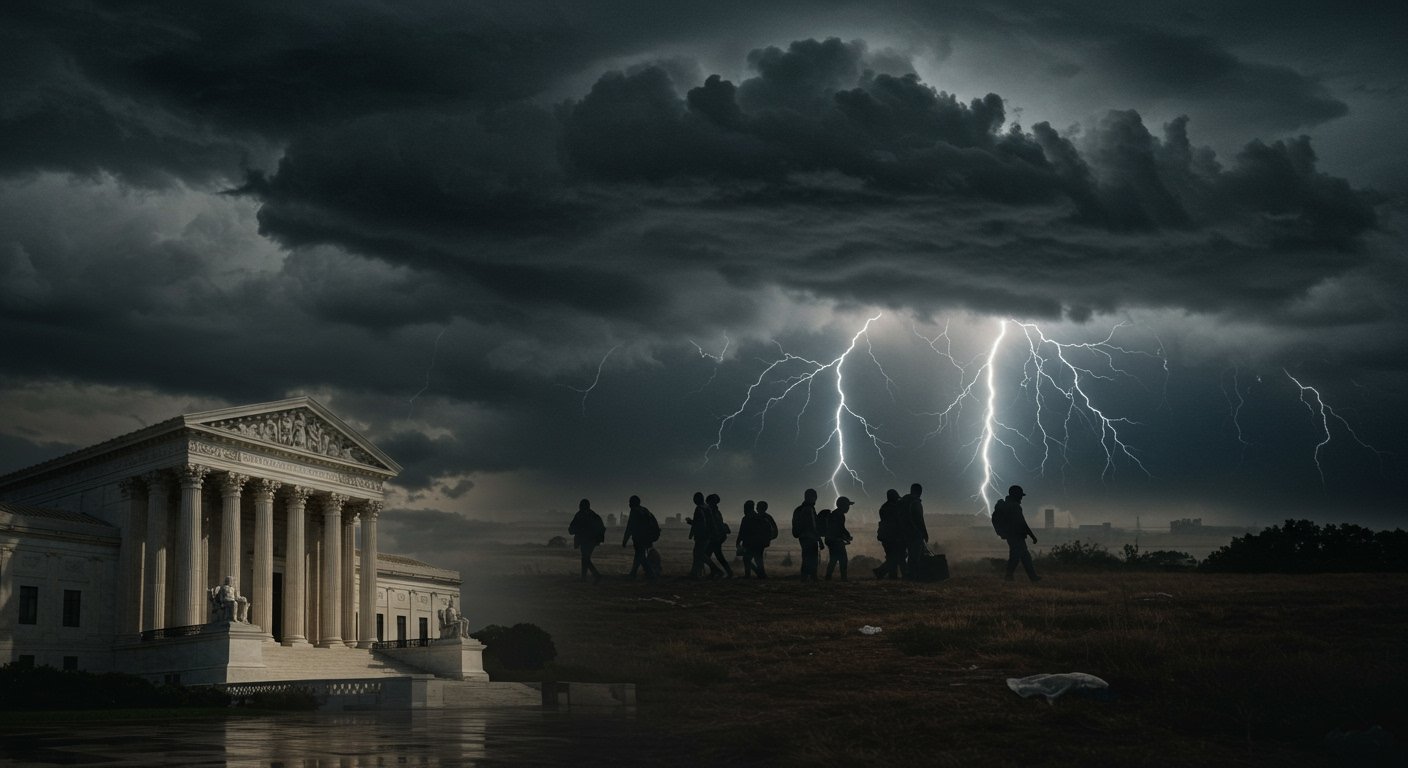BEIRUT – Security forces reportedly loyal to Syria’s new government are facing grave accusations of carrying out mass killings against civilian populations in the country’s coastal regions. The allegations emerge amidst reports of a military campaign launched by the government targeting fighters loyal to former President Bashar al-Assad.
Reports from the Syrian Observatory for Human Rights, a conflict monitor based in the United Kingdom, claim that hundreds of civilians have been massacred in predominantly Alawite and Christian communities located in the coastal provinces of Latakia and Tartus.
Scale of the Alleged Atrocities
The Syrian Observatory for Human Rights provided specific, harrowing figures regarding the alleged killings. According to their reports, at least 745 civilians have been killed in 29 separate massacres across Latakia and Tartus provinces since Thursday. The human rights group stated that the victims include vulnerable populations, specifically mentioning children and the elderly, and that the majority were reportedly killed execution-style.
These accusations point to a significant death toll and a systematic pattern of violence in a short period, adding a deeply troubling dimension to the ongoing conflict in Syria.
Context and Reported Motivations
The alleged massacres are reported to have taken place in the wake of the new government’s reported military operations against remnants of forces loyal to Bashar al-Assad. While the summary does not explicitly link the government campaign directly to the massacres, it places them in the immediate context of heightened military activity.
The Observatory’s report also touches upon a potential, albeit grim, motivation behind some of the alleged actions. It suggests that some rebel fighters may be seeking to retaliate or punish the Alawite community. The Alawite minority is the religious group to which the Assad family belongs and constitutes approximately 12% of Syria’s population. The report frames these massacres as a potential response from elements seeking retribution against communities perceived as affiliated with the former regime or supportive of the Alawite-led state structure.
Local Reactions and Fears
In response to the reports of atrocities, residents in areas like Latakia have voiced their anguish and condemnation. The summary quotes a local resident, Ahmad al-Najar, who expressed profound distress over the violence.
Al-Najar is quoted as stating unequivocally, “We don’t want a sectarian war. We want to rebuild our country. We don’t want bloodshed, neither from us nor them.” His words reflect a deep-seated fear among the civilian population that the conflict is devolving into sectarian violence, potentially tearing apart the social fabric of the nation along religious and ethnic lines.
The sentiment highlights a desire among ordinary Syrians to prioritize peace and national reconstruction over retaliatory violence, even amidst the intense pressures and divisions wrought by years of conflict.
Challenges in Verification
It is crucial to note that reports emanating from conflict zones in Syria are exceedingly difficult to verify independently. The Syrian Observatory for Human Rights relies on a network of sources on the ground, and its reports are often among the first accounts of events, but they are also allegations requiring further investigation.
The scale and nature of the alleged killings, if confirmed, would constitute severe violations of international humanitarian law and potentially war crimes. The accusations directed at security forces loyal to the new government, following a campaign against forces loyal to the former president, underscore the complex and volatile nature of the power transition and ongoing conflict in Syria.
International bodies and independent investigators face significant challenges in gaining access to the areas where the alleged massacres took place to conduct impartial inquiries into the reported deaths of at least 745 civilians in Latakia and Tartus since Thursday.









